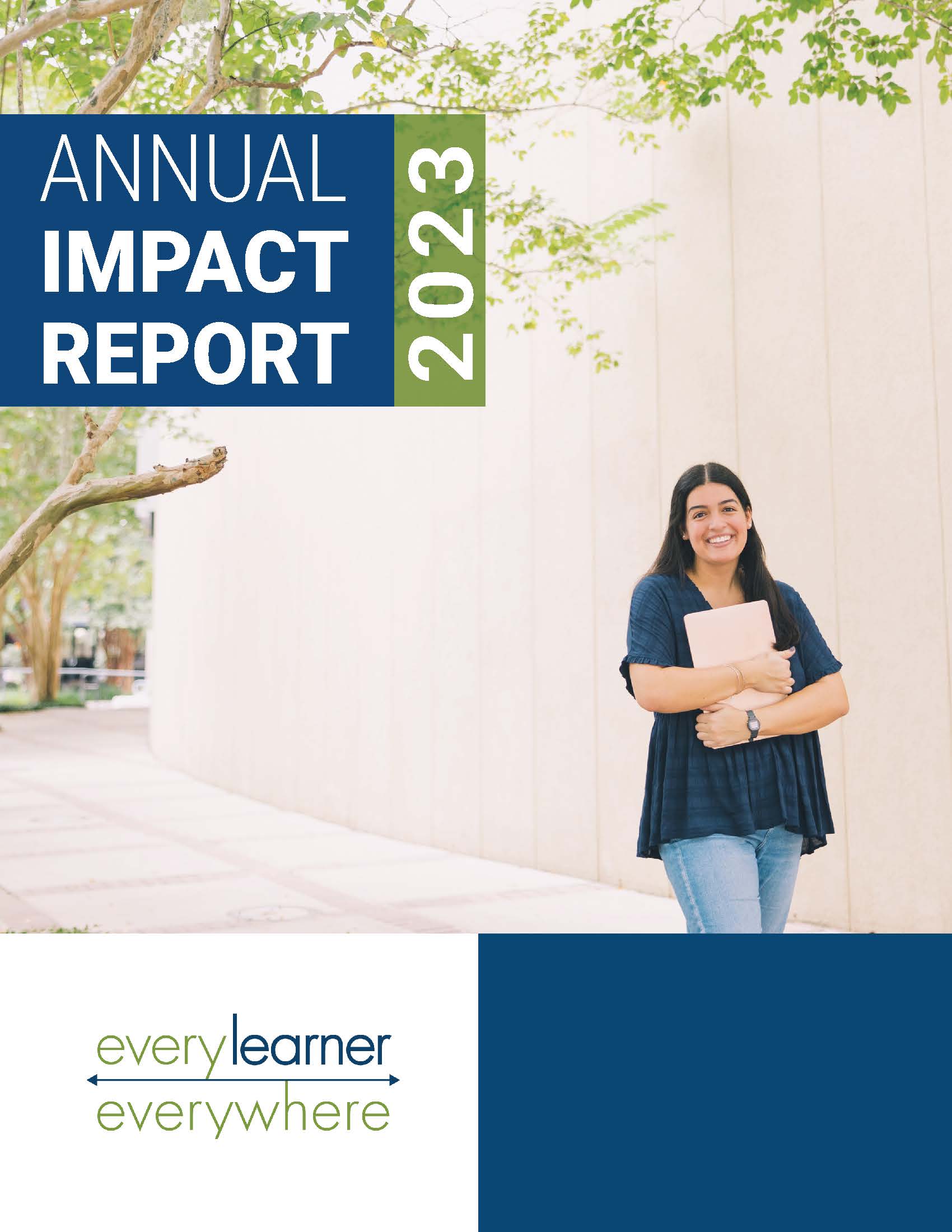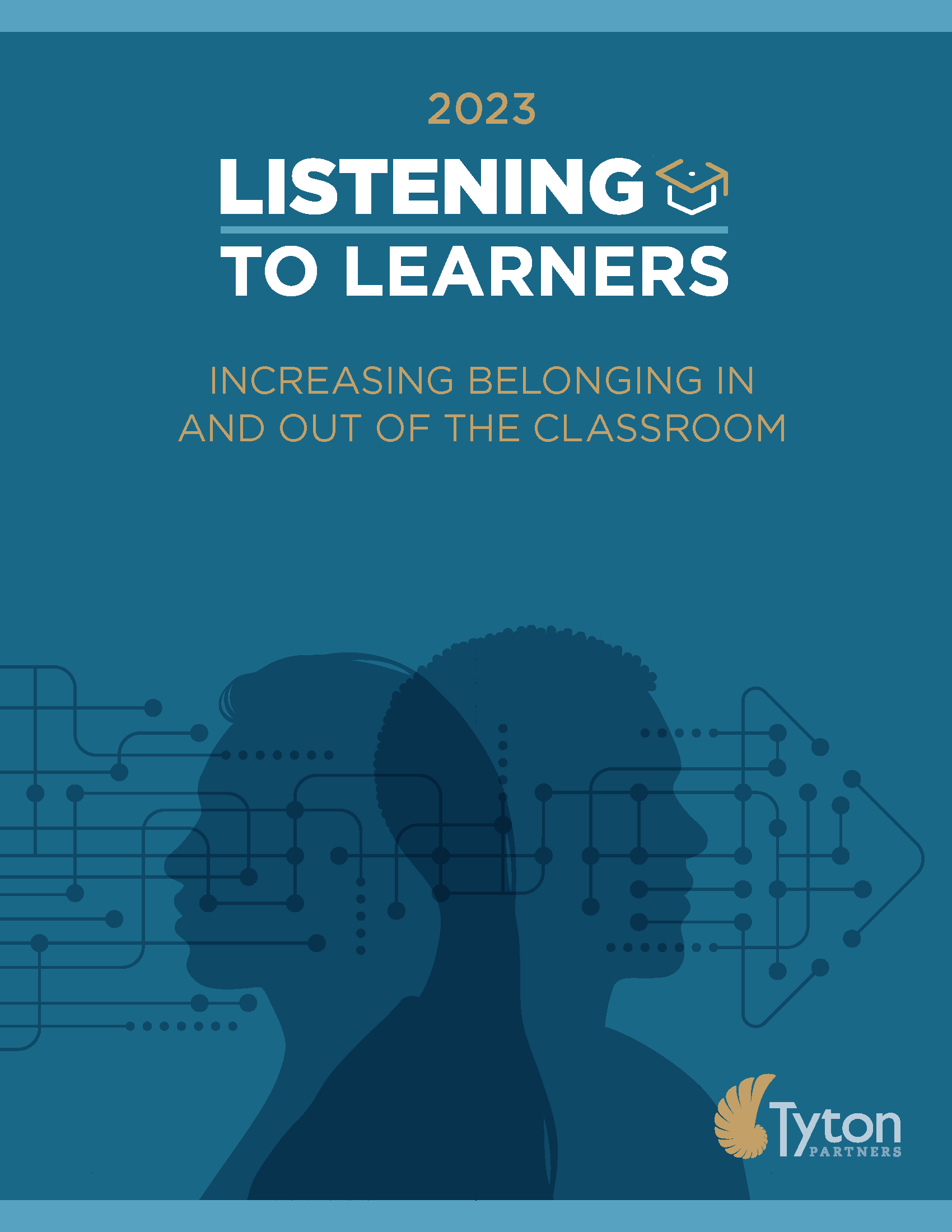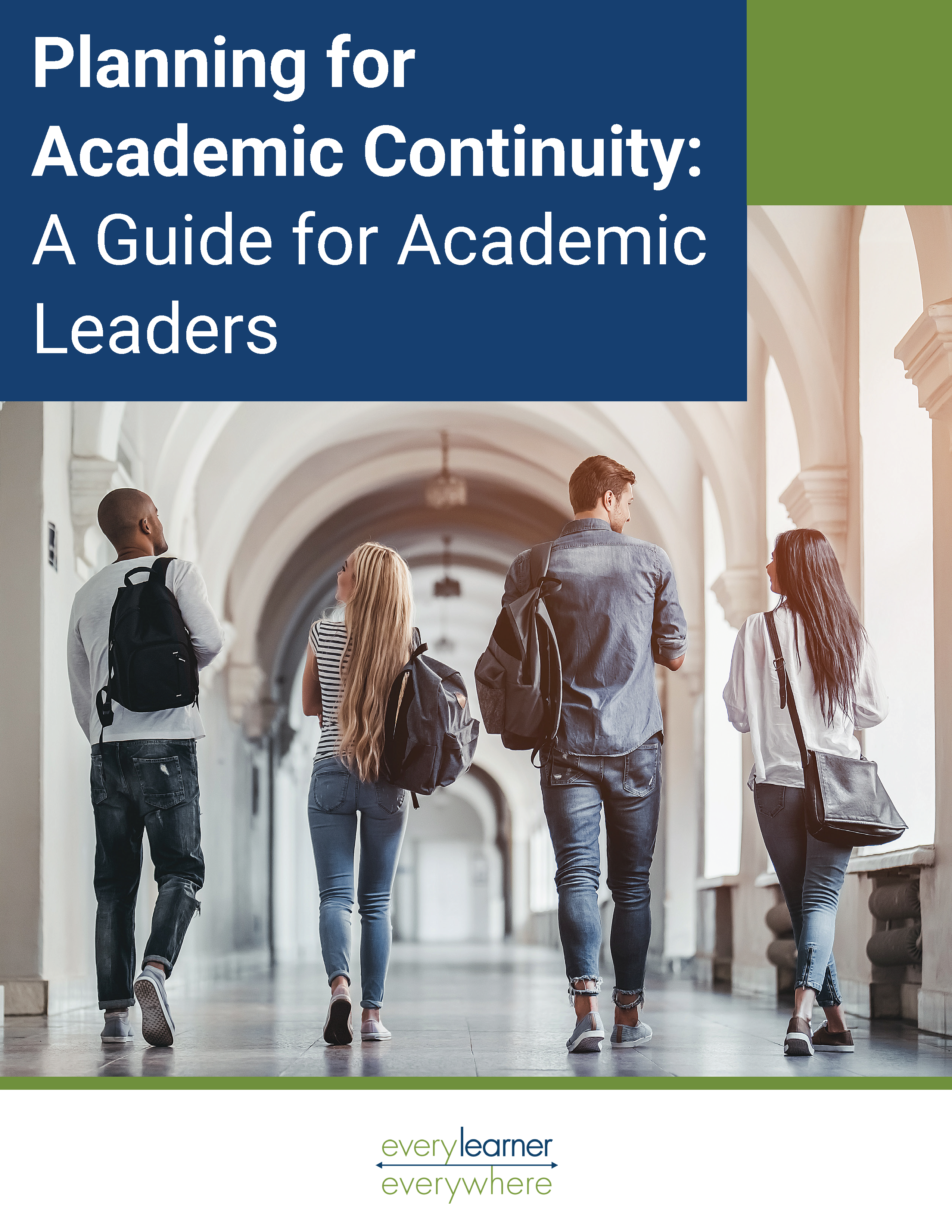Reflection on the urgency of humanization in online learning environments and examples from practice.
Watch “Leveraging Sociocultural Knowledge to Humanize Online Learning Experiences,” a virtual educator professional development session led by Cherise McBride during the 2020 OLC Ideate: Diversity, Equity, and Inclusion in Digital Learning Environments.
Over the course of five days (December 7-11, 2020), the Online Learning Consortium (in partnership with Every Learner Everywhere) held a series of open salons (a casual and inclusive space with discussions organized and facilitated by a salon leader) that offered educators of all levels the opportunity to listen to emerging ideas and effective practices from their peers. These casual discussions are designed to specifically encourage reflection, co-creation, and synthesis, with connections to future OLC events for further collaboration.
Speaker: Cherise McBride, Researcher & Professional Development Leader at the University of California, Berkley





